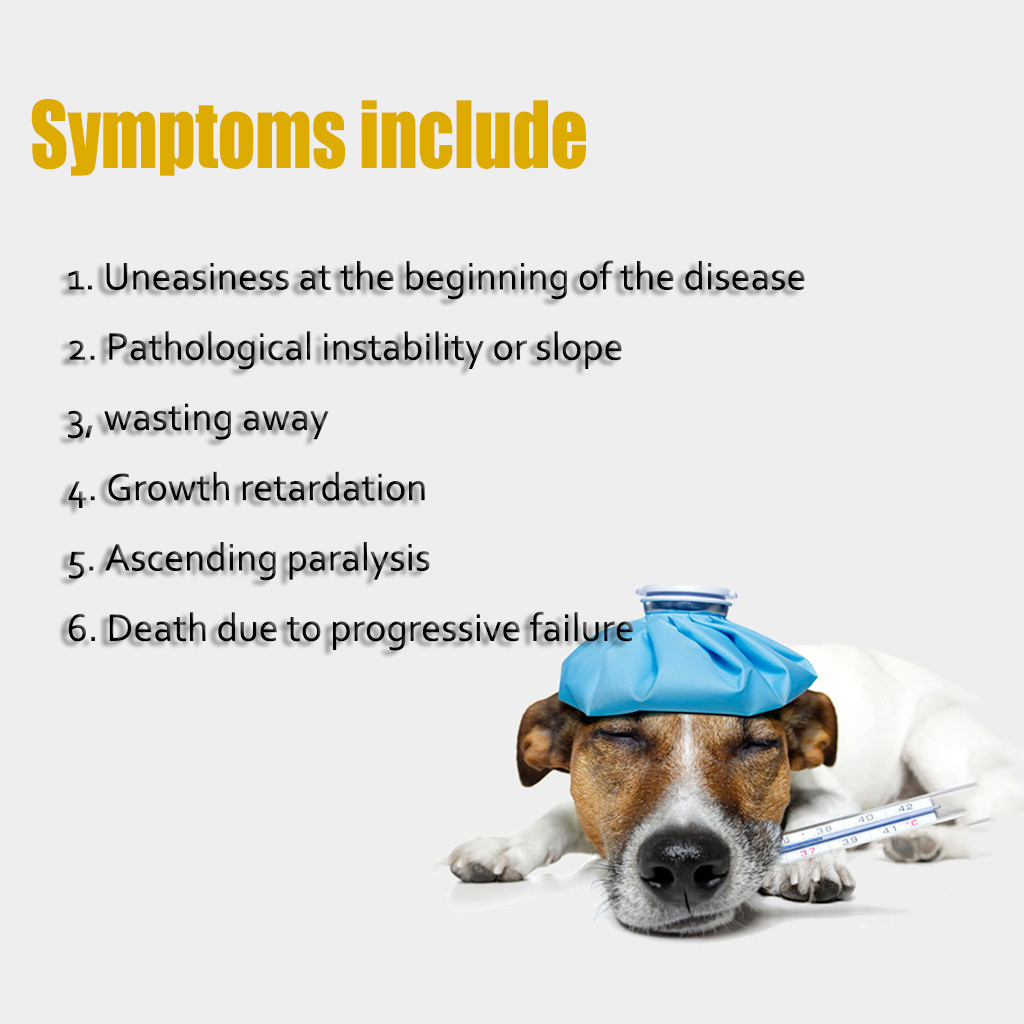"The Ultimate Guide to Ocelot Pet Care: Everything You Need to Know About Keeping Ocelots as Pets"
Guide or Summary:Understanding OcelotsLegal ConsiderationsHabitat RequirementsDietary NeedsSocialization and TrainingHealth Care#### IntroductionOcelots are……
Guide or Summary:
- Understanding Ocelots
- Legal Considerations
- Habitat Requirements
- Dietary Needs
- Socialization and Training
- Health Care
#### Introduction
Ocelots are fascinating creatures that have captured the hearts of many animal lovers. As exotic pets, they offer a unique blend of beauty and wildness that is hard to resist. However, owning an ocelot pet comes with its own set of challenges and responsibilities. In this guide, we will explore everything you need to know about ocelot care, from their habitat requirements to their dietary needs.

Understanding Ocelots
Ocelots (Leopardus pardalis) are medium-sized wild cats native to South America, Central America, and parts of the southern United States. Known for their striking coat patterns and large, expressive eyes, ocelots are often mistaken for small leopards. In the wild, they are solitary animals, primarily nocturnal, and are skilled hunters. Understanding their natural behavior is crucial for anyone considering them as pets.
Legal Considerations
Before you decide to bring an ocelot pet into your home, it is essential to research the legal requirements in your area. In many places, owning an ocelot is subject to strict regulations or may even be prohibited. Check local laws and regulations regarding exotic pet ownership to ensure that you are compliant.
Habitat Requirements
Creating a suitable environment for your ocelot pet is vital for their well-being. Ocelots require a spacious area to roam and explore. A large indoor enclosure with climbing structures, hiding spots, and plenty of enrichment activities is essential. Additionally, consider providing an outdoor space that is securely fenced to prevent escape. The enclosure should mimic their natural habitat, with plenty of vertical space and various textures.

Dietary Needs
Ocelots are carnivorous and require a diet high in protein. In the wild, they hunt small mammals, birds, and reptiles. As a pet owner, you should provide a balanced diet that includes high-quality commercial cat food, supplemented with raw meat, such as chicken or rabbit. Always consult with a veterinarian experienced in exotic pets to ensure that your ocelot is receiving the proper nutrition.
Socialization and Training
While ocelots are not domesticated animals, they can form bonds with their owners. Early socialization is crucial to help them become comfortable around humans. Engaging in positive reinforcement training can help teach basic commands and behaviors. However, be prepared for their independent nature; ocelots may not always respond like typical domestic cats.
Health Care
Regular veterinary check-ups are essential for maintaining your ocelot pet's health. Find a veterinarian who specializes in exotic animals and is knowledgeable about the specific health issues that ocelots may face. Vaccinations, parasite control, and dental care are all critical components of their health care routine.

Owning an ocelot pet can be a rewarding experience, but it also comes with significant responsibilities. Understanding their needs, legal considerations, and proper care practices is essential for ensuring a happy and healthy life for your exotic companion. If you are prepared to provide the necessary environment, diet, and socialization, an ocelot can make a unique and captivating pet. Always remember to do thorough research and consult professionals to make informed decisions about your ocelot pet ownership journey.